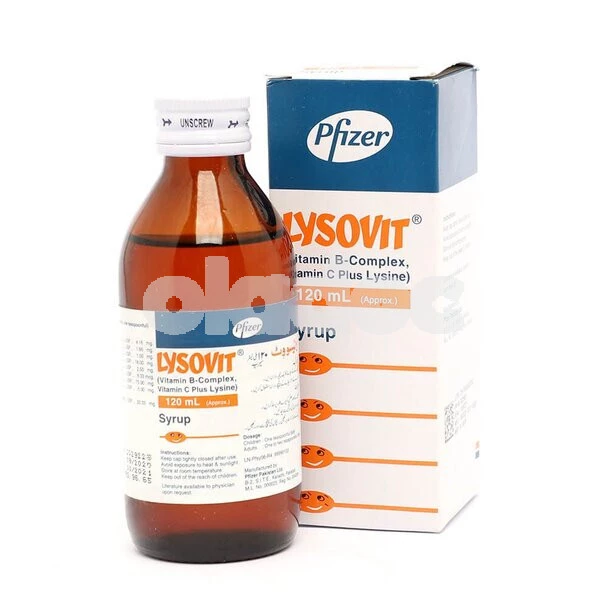As variants of Peptic Ulcers affecting the stomach and small intestines, stomach, or gastric ulcers are painful sores that form in the stomach’s lining when the protective mucus layer over the lining is reduced, hence directly exposing it to toxic gastric acids (stomach acids that aid in digestion). Below we have discussed what stomach ulcers are, what are there causes, and what is the treatment for stomach ulcers.
Causes
According to doctors large majority of stomach ulcers ae due to the following causes:
- Helicobacter pylori (H. pylori) Infection: While usually inactive, this bacteria that commonly resides in the mucus layer of the stomach and small intestine may inflame the stomach’s lining, resulting in an ulcer.
- Nonsteroidal Anti-Inflammatory Drugs (NSAIDs): Long-term use of aspirin, ibuprofen and other NSAIDs can also inflame the stomach’s lining and cause ulcers, particularly in older adults and osteoarthritic individuals. Moreover, taking certain medications such as steroids, anticoagulants (anti-clotting), and Selective Serotonin Reuptake Inhibitors (SSRIs) alongside NSAIDs for the long-term also magnifies the risk of developing ulcers.
- Cancer: Stomach cancer may also sometimes present itself as gastric ulcers. Conversely, pylori-caused ulcers increase risk of stomach cancer by 6 times.
- Zollinger-Ellison Syndrome: Albeit responsible for less than 1% of gastric ulcer cases, this rare condition can contribute towards ulcer development by increasing acid production in the body.
Symptoms
Although approximately 3 quarters of individuals will experience no symptoms, the most common sign of a gastric ulcer is abdominal pain or a burning sensation between the chest and belly button lasting between a few minutes to several hours, particularly on an empty stomach. Other symptoms include:
- Nausea
- Anemia
- Bloating
- Heartburn
- Weight loss
- Dark, tarry stool
- Feeling easily full
- Fatty food intolerance
- Burping or Acid reflux
- Bloody, or coffee ground-like vomit
- Loss of appetite due to pain, that may improve after eating, drinking, or taking antacids
Complications
Although ulcers are easily cured, lack of proper treatment may lead to the following complications:
- Bleeding, either as slow or severe blood loss from the ulcer site, resulting in anemia or requiring immediate hospitalization. People taking blood-thinners are at a higher risk of bleeding ulcers.
- Perforation, e. a hole in the wall of the digestive tract created by an ulcer, leading to serious abdominal cavity infections (peritonitis) due to food and digestive acid leakage into the abdominal cavity.
- Penetration, e. when an ulcer passes from its original position in the gastric lining into another organ, like the pancreas.
- Obstruction, or blockage in the digestive tract due to the swelling or scarring of inflamed tissues, leading to vomiting, weight loss, and feeling full easily.
Treatment for stomach ulcers
Treatment options vary according to the causative factor, and are as follows:
1- Medication
In case of H. pyloric ulcers, a two-week antibiotic course alongside Proton Pump Inhibitors (PPIs) to block further acid production in the stomach is usually prescribed. Other accompanying treatments often include:
- Bismuth Supplements
- Halting NSAID use, if any
- Probiotics (eliminate pylori)
- Antacids or Acetaminophine (instant pain-relievers)
- Histamine (H2) receptors, or acid blockers (reduce stomach acid levels)
You can also try and treat it yourself until you get checked by a doctor. Try consuming honey and foods with glutamine like fish, eggs, chicken, and spinach.
High doses of PPIs may increase the risk of hip, wrist, and spine fractures. However, it can be reduced via calcium supplements prescribed by the doctor. Temporary side-effects of other ulcer medications include nausea, dizziness, headaches, diarrhea, and abdominal pain.
2- Surgery
For recurring, bleeding, and/or unresponsive ulcers, and in case of penetration or perforation, surgery may be required, which usually includes either removal of the entire ulcer, patching tissues taken from another part of the small intestine over the ulcer site, cutting off nerve supply to the stomach to reduce acid production, or tying off a bleeding artery. If you do end up having a surgery, make sure it is performed by the best gastroenterologist in Karachi.
Do Spicy Foods Cause Ulcers?
Recent research has proven that neither stress nor spicy food consumption causes ulcers; yet they may aggravate a pre-existing gastric sore and should be avoided during the course of treatment.
Moreover, eating a diet rich in fruits (blueberries, raspberries, strawberries, blackberries, and apples), vegetables (leafy greens, cauliflower, cabbage, and radishes), fiber, vitamin C, and zinc, and taking selenium supplements can help combat H. pylori by strengthening the body’s healthy bacteria.
One other super food that has proven to be helpful against stomach ulcers is cranberry juice. It has also been used to fight infection in the bladder. This is so because cranberry juice has elements that keep the H. pylori from attaching itself to the stomach just like it prevents harmful bacteria from sticking to the bladder.
While treatment for stomach ulcers is easy once they are spotted, if you experience any symptoms of ulcer complications, particularly weakness, trouble breathing, sudden, sharp abdominal pain that doesn’t go away, or red or black vomit or stool, contact your doctor immediately.
You can also book an appointment with a top Gastroenterologist in Lahore, Karachi and Islamabad through oladoc.com, or call our helpline at 042-3890-0939 for assistance to find the RIGHT Doctor for your gastric concerns.










